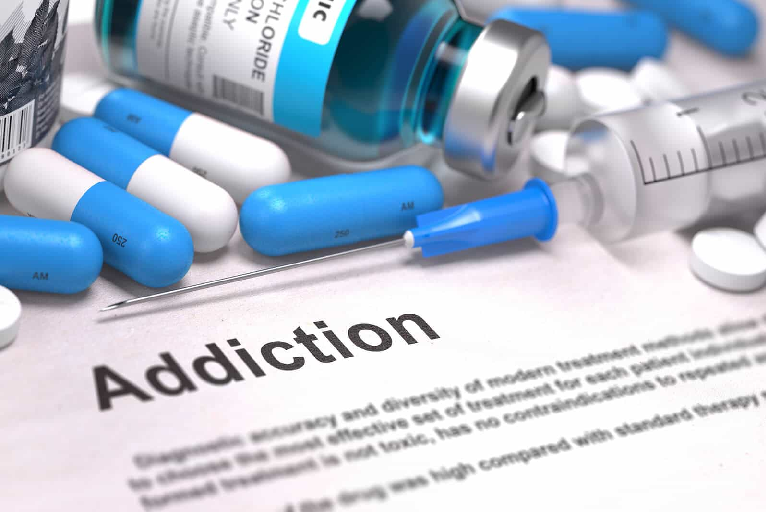Published: September 23, 2013
By Anand Magoon
Q: What are electronic health or electronic medical records?
A: Electronic health records, or EHRs, and electronic medical records, also known as EMRs, are interchangeable terms. They describe patients’ medical records that have been digitally stored in a hospital’s, clinic’s or other medical provider’s system.
Q: Is having my information stored on EMRs dangerous and/or safe?
A: The benefits of having your medical records in electronic form outweigh the potential dangers. Having records available when needed by your doctor cuts down on errors, repetitive and unnecessary testing and duplicate medicines. While it is possible to have your records accessed by unauthorized parties, most EMRs work by remote access, meaning your physician does not store your information directly onto his laptop or desktop computer.
The information is remotely stored at a secure location, which is often backed up daily and oftentimes in a second location in case the first location goes down. If your physician should lose his or her computer, it is very difficult to access your records due to the security measures.
Q: How does EMR work?
A: Not all hospitals, clinics and doctors’ offices have electronic medical records. For those that do, those patients should understand that every time they see their doctor, call for a prescription or visit a hospital, those records are electronically stored and can be accessed as needed.
Your prescriptions are sent via EMR to your pharmacy, which is a secure way to transmit your prescription. An EMR also cuts down on preventable errors, like illegible handwriting, while reducing your wait time at the pharmacy.
Some health care systems offer patients online access to their medical records, allowing them to review lab results, schedule appointments and ask physicians questions.
It is important to understand that while your primary care doctor or specialist may have electronic medical records, he or she may not use the same EMR system your hospital accessess. This is important because saving time is a key benefit of EMR.
Dr. Magoon is a family practice physician at Sutter Gould Medical Foundation in Turlock. source




























